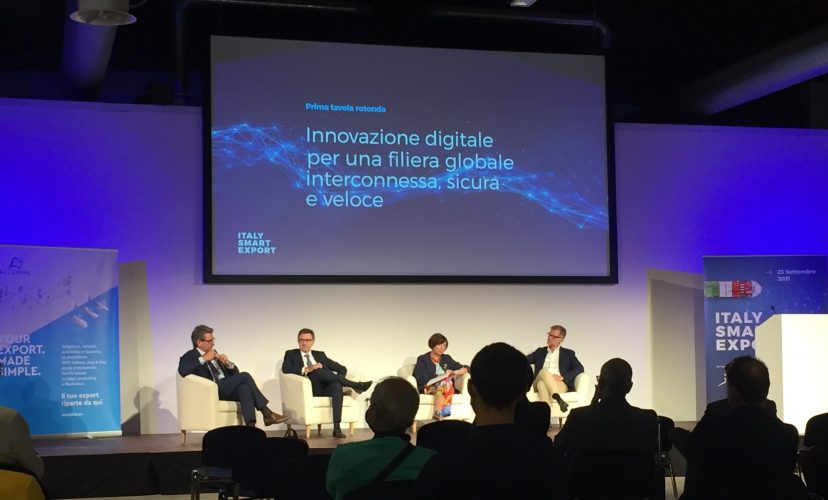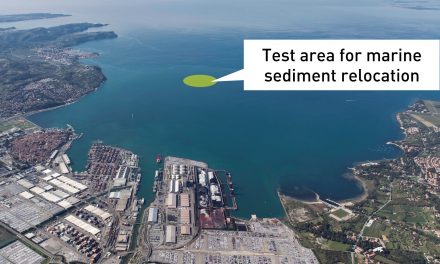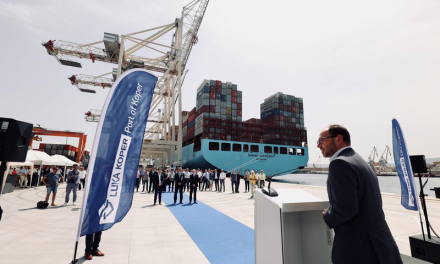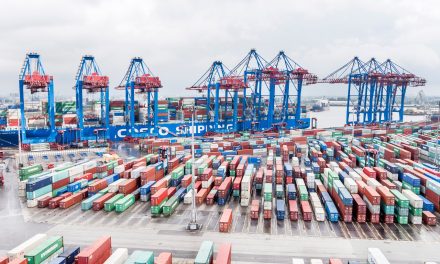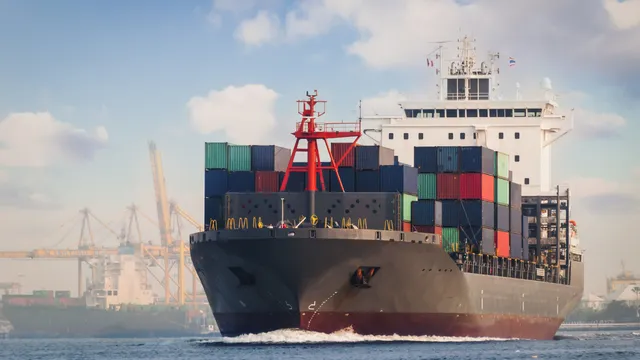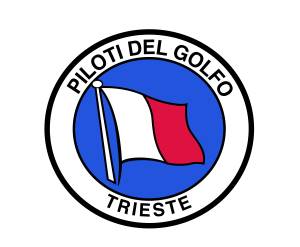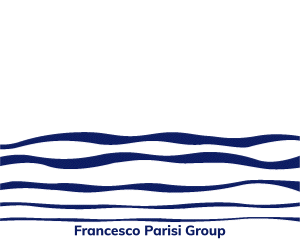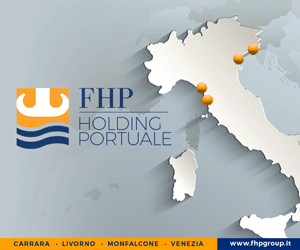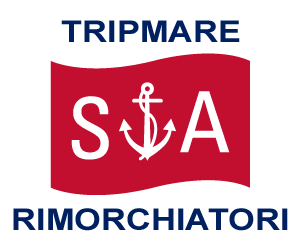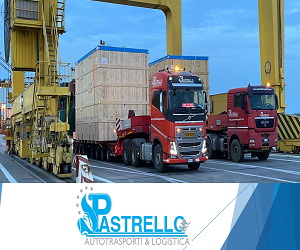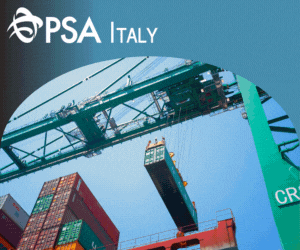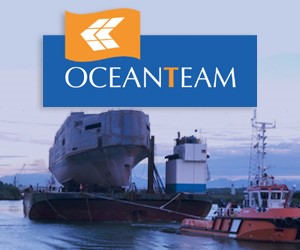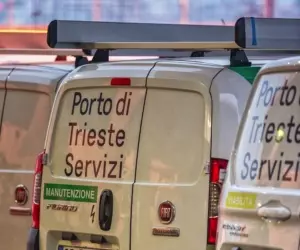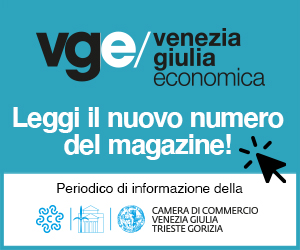TRIESTE – Authority and Customs are developing a pilot project to digitalise Made in Italy exports, which could be extended to small and medium-sized enterprises.
The case, which has seen the Benetton Group as an industrial partner for a shipment to the ports of Turkey, was illustrated today at the conference “Italy smart export” in the conference centre of Molo IV in Trieste.
«We have eliminated paper by making the first full digital shipment,» said Abramo Vincenzi, CEO of Accudire, a company specialising in digital business based on Blockchain technology.
The project that is being carried out, explained Vincenzi, makes it possible to make more efficient aspects of the operational management of document flows. Today, in fact, supply chains are very fragmented for Italian exporters. At the same time, the most significant difficulties are not found in the use of new technologies but in the simplification of processes that have stratified over time, accumulating inefficiencies.
Benetton, however, is a broad-shouldered company. Will the case history be replicable with small and medium-sized Italian companies?
«That’s the challenge. We need to work outside. Small and medium-sized companies – replied Vincenzi – have a product that is known abroad but lack internal organisation and expertise, so they rely on the outside. It is necessary to innovate and to abandon the old schemes».
It is no coincidence that the experiment involved the Port of Trieste since it is one of the most digitalised ports in Italy. The involvement of the Customs and Monopoly Agency, which attended the conference with the Central director, Maurizio Montemagno, was also fundamental.
«It’s difficult to combine simplification and innovation with legislation that, rather than national, is referring to UE. Until a few years ago, Customs was primarily concerned with customs clearance. We then found ourselves dealing with what comes before the customs moment. The initiatives that Customs has made available are innovations precisely to take care of the phases before goods arrive at the Port,» Montemango explained.
«This pilot project is part of a multi-year work of digital innovation carried out by the Port Authority from a system perspective, that is, integrating not only all our ports with each other, but ports with dry ports and all infrastructures present in the area, with the aim of becoming protagonists of global supply chains» explained the president of the Port Network Authority of the Eastern Adriatic Sea, Zeno D’Agostino. «Thanks to our Port Community System, which has 100% digitised all port operations, we can manage the entire process in an integrated manner. The challenge for the future – concluded D’Agostino – is that the public and private worlds, as in this case, are able to work together to digitalise and make smart logistics chains, thus allowing simple and efficient access of these chains to our small and medium-sized enterprises».
Trieste, a pilot project with Benetton to digitalise the logistics chain
